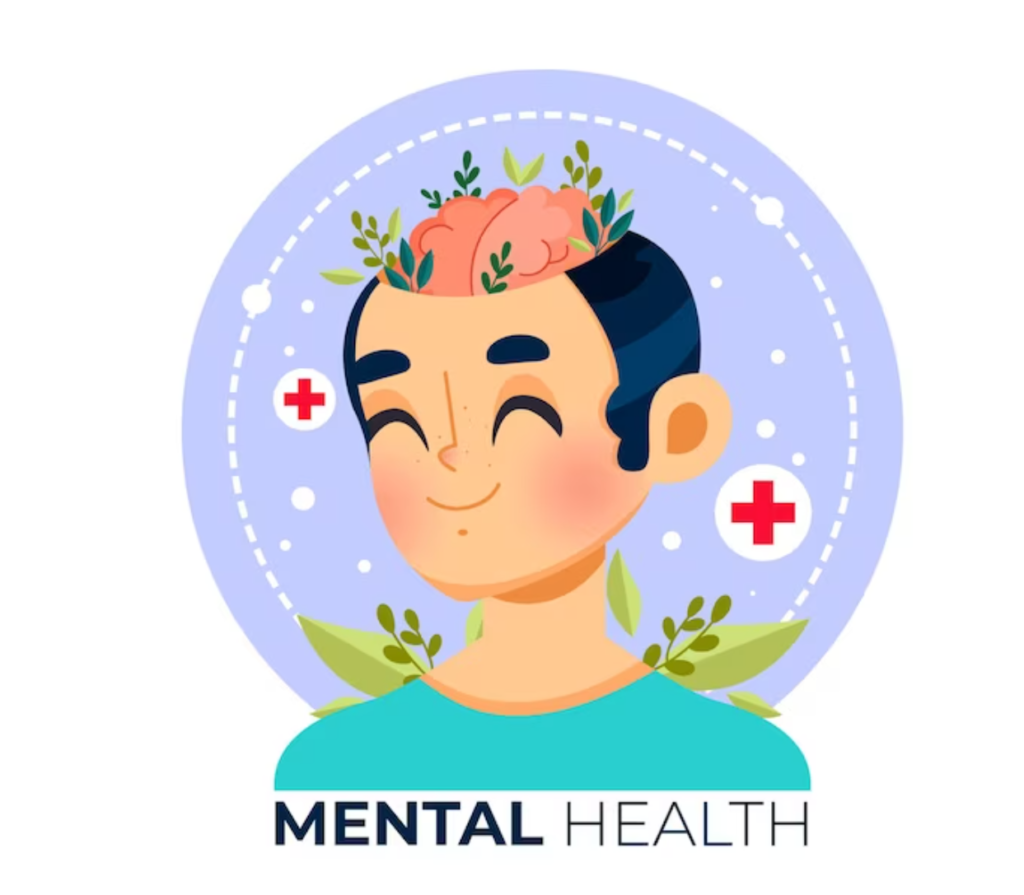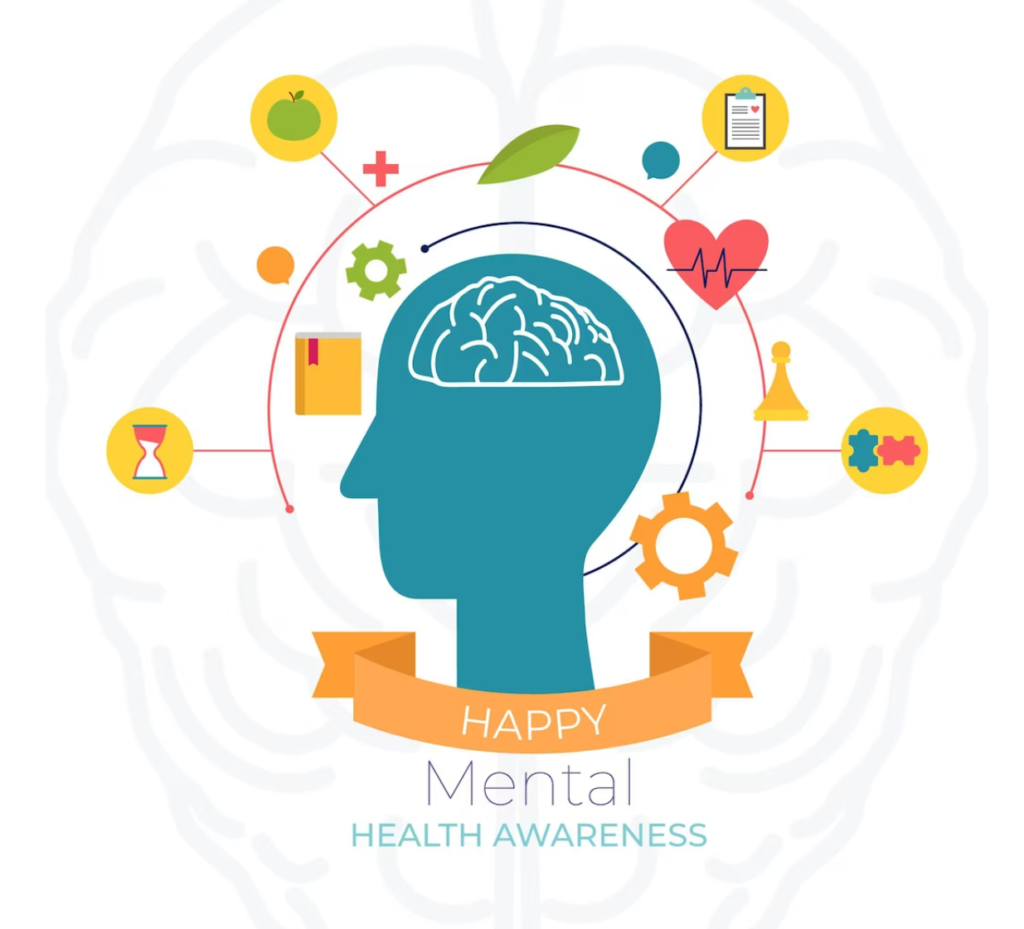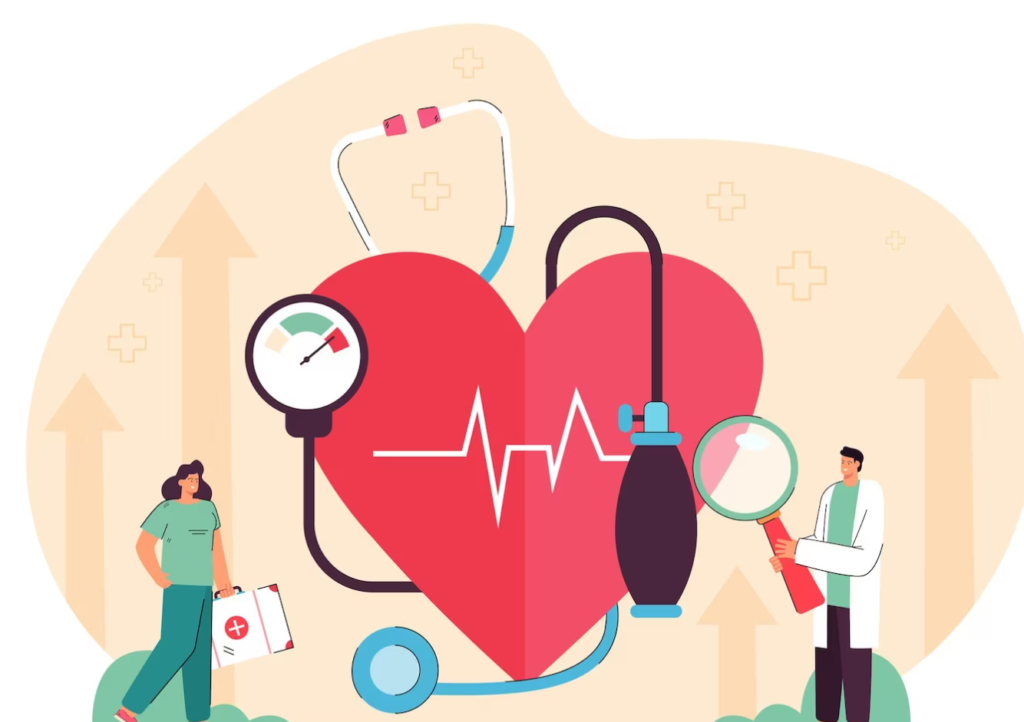Behavioral health is more than just a concept; it’s a science that delves into the intricate relationship between our thoughts, behaviors, and overall well-being. In this article, we’ll embark on a journey to understand the essence of behavioral health, how it impacts our lives, and strategies to nurture it for a fulfilling existence.

Table of Contents
Introduction
In the pursuit of a fulfilling life, the science of well-being has gained prominence. Behavioral health, a pivotal component of well-being, encompasses an array of factors that influence our mental, emotional, and social aspects. Let’s dive deep into the world of behavioral health and uncover its profound significance.
Understanding Behavioral Health

Defining Behavioral Health
Behavioral health refers to the interplay between our behaviors, emotions, and mental state. It acknowledges that our actions and thoughts significantly influence our overall health and quality of life.
Holistic Approach to Well-Being
Taking a holistic view, behavioral health considers all facets of an individual’s life, recognizing the interconnectedness of mind, body, and spirit.
Key Components of Behavioral Health
Mental and Emotional Wellness
Central to behavioral health is our mental and emotional well-being. Cultivating a positive mindset, managing stress, and fostering emotional resilience are vital aspects.
Social Connections and Relationships
Healthy relationships and social interactions contribute profoundly to our mental and emotional state. Building a supportive network is essential for overall well-being.
Lifestyle and Habits
Our daily habits, from exercise routines to sleep patterns and nutrition choices, significantly impact our behavioral health.
The Intersection of Mind and Body
Mind-Body Connection
The mind-body connection underscores how our mental state influences physical health and vice versa. Positive emotions can enhance our immune system and overall vitality.
Impact on Physical Health
Behavioral health plays a pivotal role in preventing chronic diseases and promoting a longer, healthier life.
Behavioral Health and Mental Disorders
Recognizing Signs and Symptoms
Understanding signs of behavioral health issues is crucial in addressing potential mental disorders. Early recognition leads to timely intervention.
Seeking Professional Help
When facing challenges beyond our control, seeking professional help from therapists or counselors is a critical step towards improved behavioral health.
Promoting Behavioral Wellness
Self-Care and Self-Compassion
Prioritizing self-care and practicing self-compassion are integral to maintaining balanced behavioral health.
Stress Management Techniques
Incorporating stress-reduction techniques, such as mindfulness and meditation, helps mitigate the adverse effects of stress on our well-being.
Importance of Work-Life Balance
Striking a healthy work-life balance is essential for preventing burnout and nurturing our behavioral health.
The Role of Positive Psychology
Cultivating Positive Emotions
Positive psychology emphasizes cultivating positive emotions, gratitude, and joy to enhance our overall behavioral health.
Enhancing Resilience and Optimism
Building resilience and fostering an optimistic outlook empower us to navigate life’s challenges with a greater sense of well-being.
Embracing Change and Growth

Mindset Shifts for Behavioral Health
Embracing growth-oriented mindsets and adapting to change are instrumental in promoting long-term behavioral health.
Strategies for Personal Development
Engaging in continuous learning, setting meaningful goals, and stepping out of comfort zones contribute to personal development and enhanced well-being.
Societal Impact of Behavioral Health
Addressing Stigma
Breaking down stigmas associated with mental health creates an environment where individuals feel comfortable seeking help.
Advocating for Mental Health Awareness
Promoting mental health awareness fosters understanding, compassion, and support within communities.
Conclusion
As we navigate the complexities of modern life, understanding behavioral health provides us with a roadmap to holistic well-being. By recognizing the intricate connections between our thoughts, emotions, behaviors, and physical health, we can embark on a journey of self-discovery and growth. Through self-care, positive psychology, and seeking professional assistance when needed, we can pave the way for a life enriched with behavioral wellness.
FAQs
1. What is behavioral health?
Behavioral health encompasses the interplay between behaviors, emotions, and mental well-being, recognizing their collective influence on overall health.
2. How does behavioral health impact physical health?
Behavioral health significantly impacts physical health by influencing immune function, preventing chronic diseases, and promoting a longer life.
3. What role does positive psychology play in behavioral health?
Positive psychology emphasizes cultivating positive emotions, resilience, and optimism to enhance overall behavioral health.
4. How can individuals promote their behavioral wellness?
Individuals can promote behavioral wellness through self-care, stress management, positive psychology practices, and seeking professional help when needed.
5. Why is addressing stigma important for behavioral health?
Addressing stigma surrounding mental health creates an environment where individuals are more likely to seek help and receive support.

